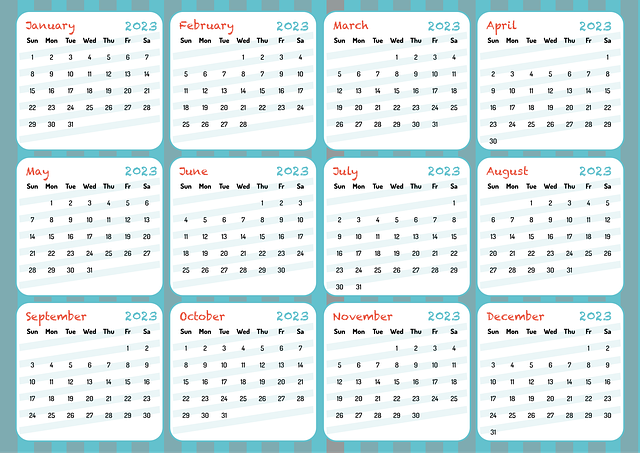Event Planning for Local Businesses thrives on understanding the community it serves. By engaging with residents, business owners, and leaders, organizers identify cultural preferences, local concerns, and seasonal milestones, ensuring events are meaningful and well-received. A collaborative approach involving partnerships between businesses, non-profits, and government bodies creates diverse, inclusive events that cater to a wider audience, strengthening neighborhood ties and supporting sustainable growth for local businesses. Tailoring event themes, locations, and promotions to community needs and unique business characteristics fosters involvement and enhances the overall event experience.
Community events are a powerful tool for local businesses to connect, engage, and grow. This guide delves into the art of organizing events that thrive on community spirit. By understanding your audience, streamlining logistics, and promoting inclusivity, you can create meaningful experiences. From identifying target demographics to leveraging digital marketing, this comprehensive approach ensures your events leave a lasting impact. Discover how to turn local gatherings into successful business strategies through effective event planning tailored for your community.
- Understanding Your Community's Needs
- – Identifying the target audience and their interests
- – Researching local demographics and community trends
Understanding Your Community's Needs

Understanding your community’s needs is a crucial step in successful event planning for local businesses. By engaging with residents, business owners, and community leaders, organizers can gather insights into what events would resonate most. This includes identifying cultural preferences, addressing local concerns, and celebrating seasonal milestones that hold significance to the community. Such understanding ensures that events are not just organized but also deeply connected and meaningful to the people they aim to serve.
Event planning should be collaborative, leveraging partnerships between businesses, non-profits, and government bodies. This collective effort can lead to more diverse, inclusive, and well-resourced events that cater to a broader audience. For local businesses, aligning event goals with community needs fosters goodwill, strengthens local ties, and paves the way for sustainable growth within the neighborhood.
– Identifying the target audience and their interests

When planning community events for local businesses, understanding your target audience is paramount. The first step in successful event organization is identifying the demographics and interests of those you aim to attract. This involves delving into the specific needs and preferences of the local community. Are they more inclined towards cultural gatherings, educational workshops, or recreational activities? Tailor your event themes, locations, and promotions accordingly. For instance, a local business could host a series of art exhibitions targeted at art enthusiasts, or organize sports tournaments engaging various age groups.
Event planners should also consider the unique characteristics of local businesses themselves. Each establishment has its own identity and customer base. By aligning events with these businesses’ strengths and values, you create a sense of community involvement. For example, a café might host a book club meeting, leveraging its cozy atmosphere and catering to literature lovers, while a fitness studio could organize a charity run, appealing to health-conscious individuals. Such personalized approaches foster engagement and ensure events resonate with both the community and local businesses.
– Researching local demographics and community trends

Understanding your local community is a cornerstone in successful event planning for local businesses. Researching demographics and community trends allows organizers to create events that resonate with attendees, fostering stronger connections between businesses and their customers. By analyzing factors like age groups, cultural backgrounds, and popular interests, planners can tailor activities, themes, and promotions to attract the right audience.
This insightfulness extends beyond attracting participants; it also aids in vendor selection, sponsorship opportunities, and partnership building. Knowing your community helps in aligning event goals with local needs, ensuring that every aspect—from food choices to entertainment—is inclusive and appealing. Event planners can then craft experiences that not only celebrate the diversity of their area but also strengthen the sense of community among residents and businesses alike.
Community events have the power to bring people together, foster connections, and strengthen local economies. By understanding your community’s unique needs and interests through demographic research and audience identification, you can organize events that resonate with attendees. This strategic approach, combined with effective event planning for local businesses, ensures successful and memorable gatherings that leave a lasting impact on both participants and the community at large.
